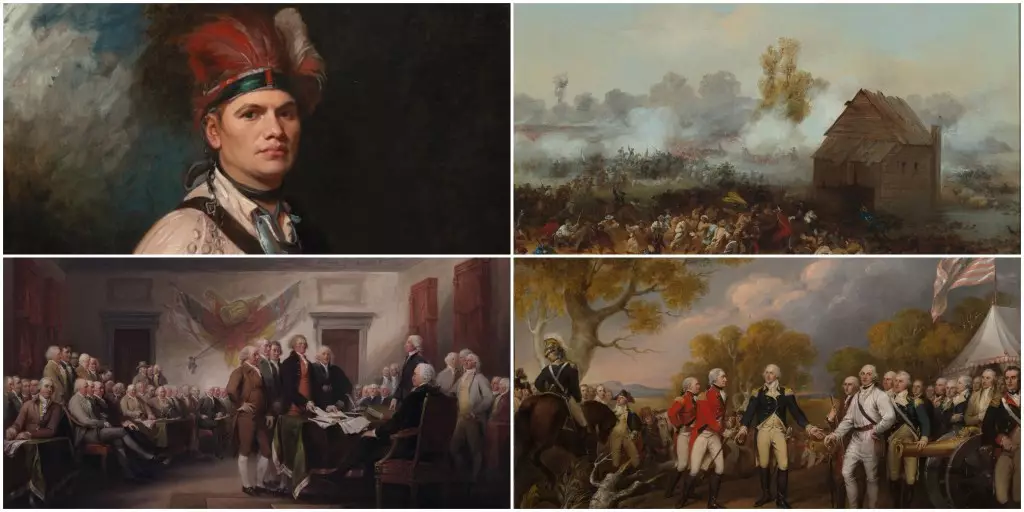Ken Burns has long been revered as a master documentarian who brings historical narratives to life with depth and nuance. His latest endeavor, “The American Revolution,” is slated to make waves at the London TV Screenings, with PBS Distribution securing global rights to this impactful series. This latest production encapsulates the tumultuous journey of the United States, presenting both the ideals and contradictions tied to its independence. Burns, alongside collaborators Sarah Botstein and David Schmidt, showcases the meticulous research and storytelling that have become hallmarks of his work.
“The American Revolution” does not merely recount the events leading to the birth of a nation; it delves into a complex tapestry of human experiences during this epoch. The documentary promises to illuminate the various perspectives that collided during the 18th century, featuring a range of voices from soldiers and civilians to political leaders and foreign allies. This approach underscores the importance of diversity in historical narratives, allowing viewers to grasp the multifaceted reality of a revolutionary era.
Myth Versus Reality: A Closer Examination
Burns emphasizes the often idealized myth surrounding the American Revolution. “The story of the birth of the United States is at once devastating and inspiring,” he states, suggesting that the reality of the conflict held complexities that are frequently overlooked. The series aims to dismantle these myths, grappling with the painful truths of civil strife, the dislocation of native tribes, and the paradox of freedom alongside slavery.
By highlighting these conflicting themes, Burns compels audiences to confront uncomfortable aspects of American history. “The American Revolution” seeks to challenge the simplistic narratives that are all too common, offering a more nuanced portrayal that reflects the struggles and sacrifices of various groups, including Native Americans and enslaved individuals. Through this lens, viewers are invited to reconsider the foundational tenets of American democracy and how they were articulated amidst chaos.
One of the standout features of the documentary is its use of diverse voices from the past. With a host of esteemed actors reading the words of almost 200 historical figures, the series gives life to long-silenced voices. The cast includes notable talents such as Meryl Streep, Samuel L. Jackson, and Tom Hanks, who lend their voices to actors and figures that shaped the revolution’s narrative. This innovative approach not only reinforces the authenticity of the recounting but also connects contemporary audiences to history in a compelling way.
Alongside the reenacted voices, the documentary brings forth insights from historians and scholars who provide context and analysis. By integrating their expertise into the narrative, the series ensures that audiences are not passive viewers; instead, they are engaged participants in a dialogue about the ramifications of the revolution.
Visual elements play an equally important role in “The American Revolution.” The documentary integrates newly commissioned maps and archival materials to enrich the viewers’ understanding of geographical and historical contexts. These visual tools aid in illustrating the significant changes that took place during and after the war—not only in the political landscape of North America but in the broader context of global democratic movements.
The collaboration between Burns and PBS—which has a storied history that includes iconic documentaries such as “The Civil War” and “The Vietnam War”—shows a commitment to high-quality historical storytelling. “The American Revolution” is set to join this legacy, promising both educational value and profound insight into the events that have shaped modern America.
As “The American Revolution” prepares for its first screening in London, it carries with it the weight of historical significance and contemporary relevance. Ken Burns’ meticulous storytelling encourages viewers to engage with the past thoughtfully, offering lessons that resonate today. In exploring the foundational narratives of freedom and struggle, the series invites audiences to reflect on the complexities of democracy, the cost of independence, and the enduring quest for liberty. It emerges not just as a documentary but as a thoughtful examination of what it means to remember, represent, and learn from the past.
